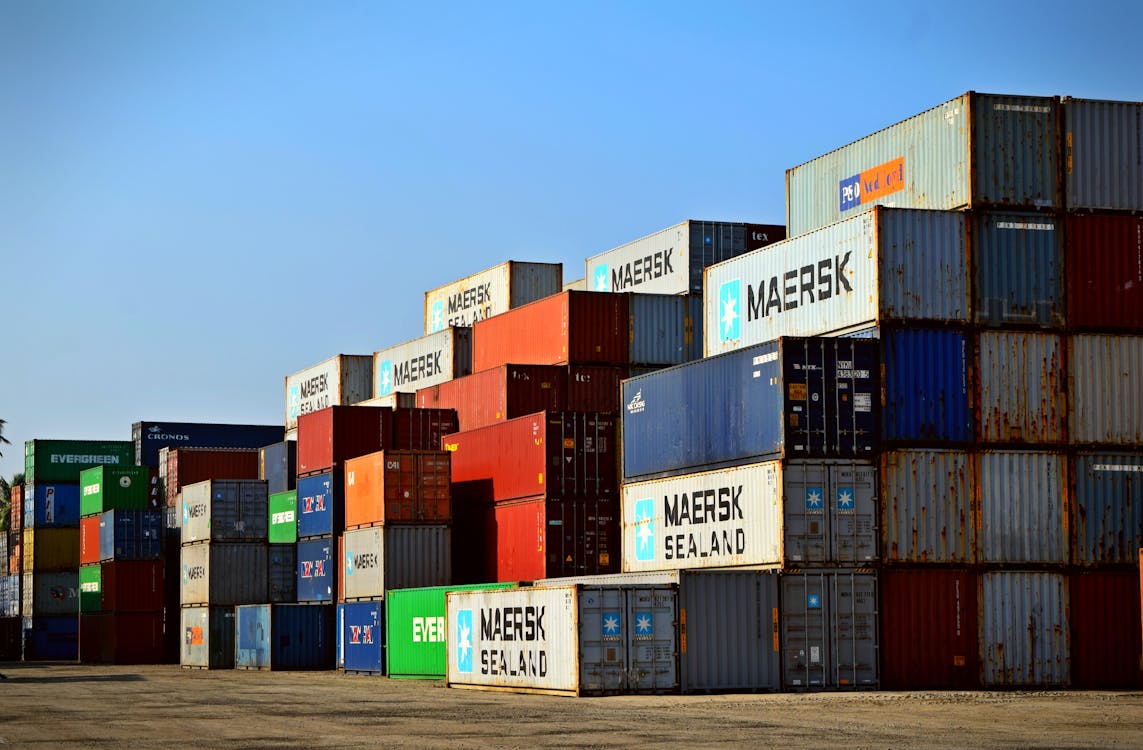South Africa's Democratic Alliance (DA) has warned that a failure to fix the economy could lead to violence and a "ticking time bomb" in the country. The party, which ended white-minority rule in 1994, came first in last week's polls but did not win an outright majority and is trying to put together a government of national unity. President Cyril Ramaphosa has said citizens' concerns must be the priority, with issues including job creation and the growth of the economy, which will include high costs of living, service delivery, crime, and corruption.
Nearly eight million people are unemployed nationwide, meaning the jobless rate is 32.9%. The statistics agency said the economy shrank in the first three months of this year, with manufacturing, mining, and construction suffering in particular. Last year, South Africa's economy grew just 0.6%. Busisiwe Mavuso, the chief executive of the influential lobby group Business Leadership South Africa, says the trading environment is not conducive and her members' plea is for the government to fix the basics.
The central bank says foreign investment fell by a third last year, given the difficulties of trading in a country that the International Monetary Fund (IMF) forecasts will nonetheless return to being Africa's biggest by the end of this year. French bank BNP Paribas and UK oil giant Shell are among the big foreign names pulling out of South Africa. In a recent aborted takeover bid for the mining firm Anglo-American, Australia's BHP made it clear it did not want the company's South African assets.
For both foreign and domestic companies, Ms. Muvaso says the government has to create an environment conducive for investment, which will bring the jobs South Africa so badly needs. With so many people out of work, there is widespread inequality, and she warns that you will never be able to attain social stability.
Amongst 15 to 34-year-olds, the unemployment rate is 45.5%, and the frustration caused by a lack of jobs is easy to find amongst young people in Johannesburg. "Business opportunities for young people" must be the new government's priority, says unemployed 23-year-old Tebogo Mokobane. Siphiwe Masila, a 24-year-old financial analyst, agrees: "More opportunities and work for the youth" are paramount and should be "more accessible."
South Africa has been described as the most unequal country in the world, and there is a critique from the left that the economy does not work for most of the population. The Economic Freedom Fighters (EFF) has called for greater nationalisation and the expropriation of land so that the wealth of the country can be more evenly shared. The DA's Dion George says that it is "probably" essential for the government to borrow money to fix the country's crippled energy network, railways, and ports. Another option is to "change the model, inject the private sector into it," which would lessen the strain on government finances.
With the centre-right DA getting 22% of the vote, it may influence future policy and also wants labour laws such as minimum wage rules relaxed to boost employment. However, this policy puts the DA at odds with South Africa's trade unions, an essential ally of the ANC. The unions have warned the ANC against forming any agreement with the DA.



